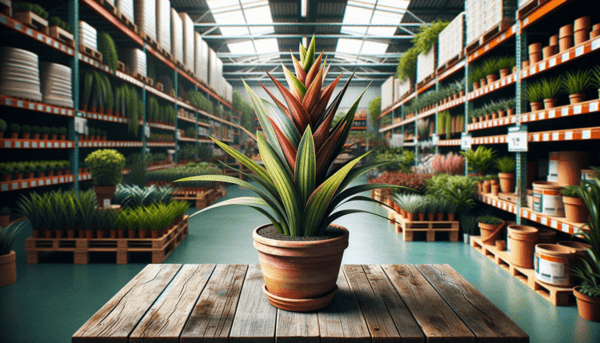
cordyline
Information for the customer:
- Plant Life Cycles: perannial
- Plant Position: indoor
- Soil Type: well draining , porous
- Watering Needs: moderate: anytime between weekly to fortnightly
- Shade Requirements: yes
- Lighting Requirements: average light: 50% - 75% of daily sun
- Pet Child Friendly: no
- Air Purifying: yes
Additional Facts and Info:
- Plant Family: aracease
Extensive Info on the cordyline:
How do you take care of a Cordyline?
Location
The most suitable location for a Cordyline is somewhere half-shadowed or facing indirect sunlight. Direct sunlight can burn the leaves, so avoid giving the plant too much light.
Watering
The Cordyline prefers slightly moist soil at all times. Once a week watering is generally sufficient. Brown leaf tips and yellow leaves are a sign of too much water. If you ignore these signs of too much water, the Cordyline can develop root rot, which is not something you and your plant will be happy about.
Plant nutrition
It may be beneficial to the Cordyline to give plant nutrition once a month during the growing period. The best way to do this is by using Pokon indoor plant nutrition. We recommend only giving plant nutrition from spring to the end of the summer. For the correct quantities, it is best to check the back of the packaging. In any case, it is wise never to give too much plant food, as this can be harmful for the Cordyline.
Repotting
Repotting the Cordyline is not necessary every year. However, we do recommend that you buy a larger flowerpot for the plant every two years. It is best to choose a pot that is at least 20% larger than its previous one. This will give your Cordyline more room to grow and the plant will get new nutrients. It is always best to repot a plant in the spring when repotting, roots can be damaged, and in spring a plant has the most energy to repair the damage.
Air-purifying
The Cordyline is an air-purifying plant. Although the indoor plant is not very large, it is certainly doing a good job of purifying the air.
Is the Cordyline toxic?
Be careful with children and pets! The leaves of the Cordyline are slightly poisonous. If you notice that the Cordyline has been consumed, it is a good idea to keep an eye on children or pets.
Diseases and peculiarities
The Cordyline is not susceptible to diseases and pests. Mourning flies and root rot can always occur, although this is usually due to careless care.